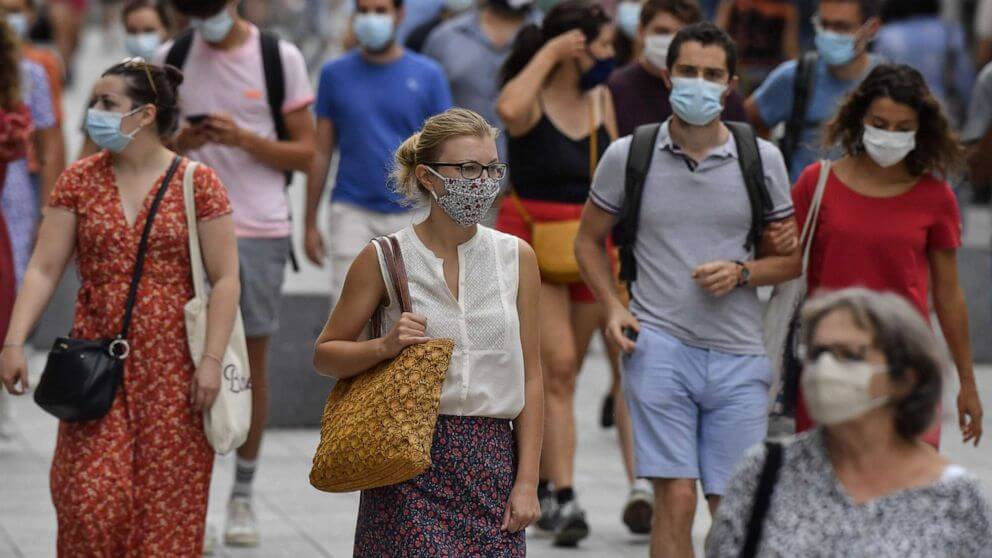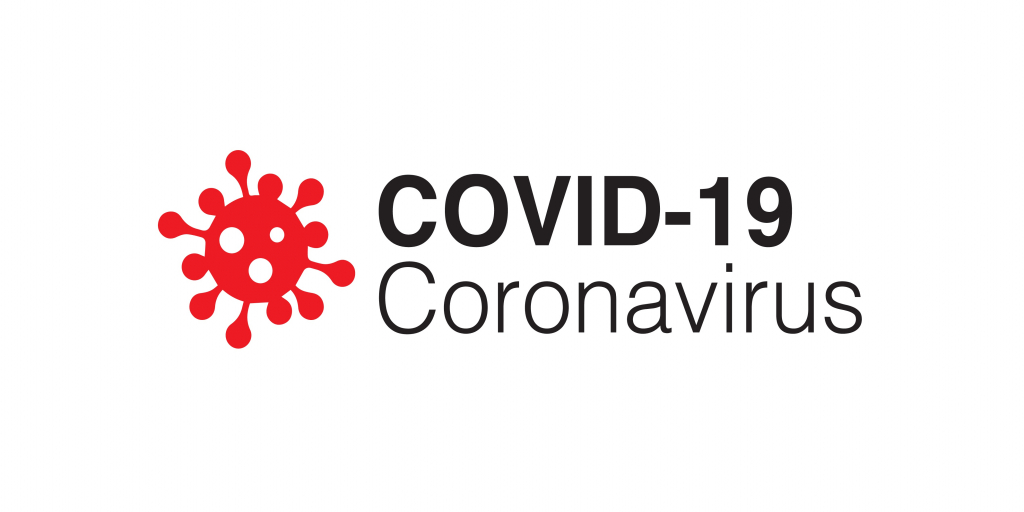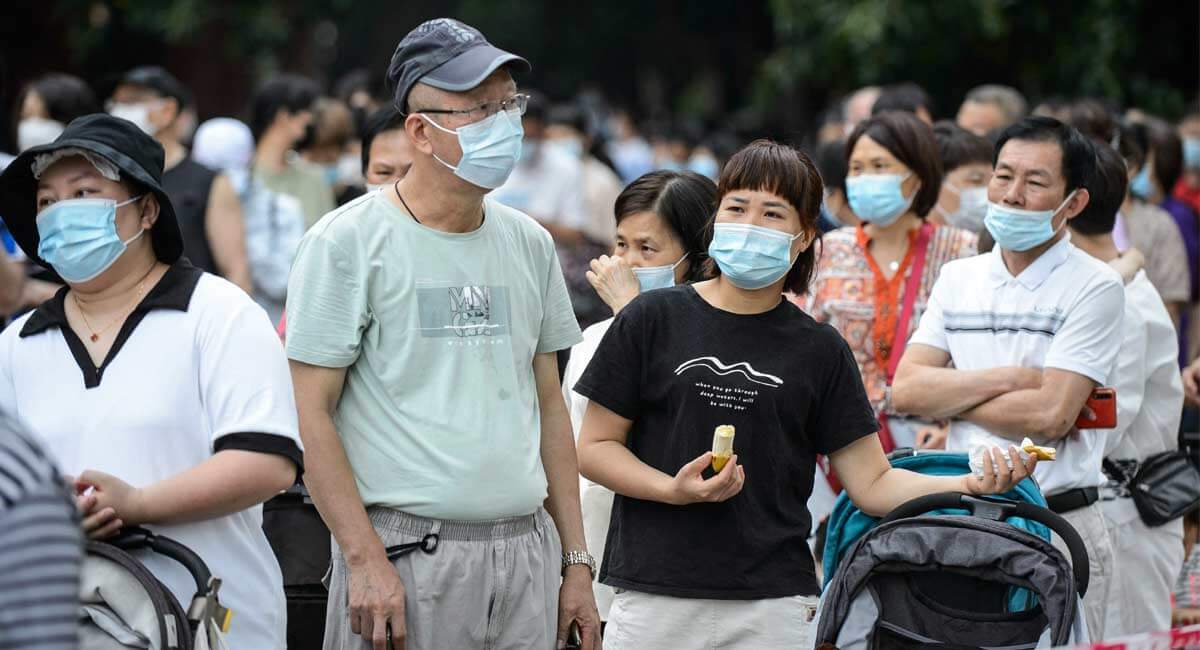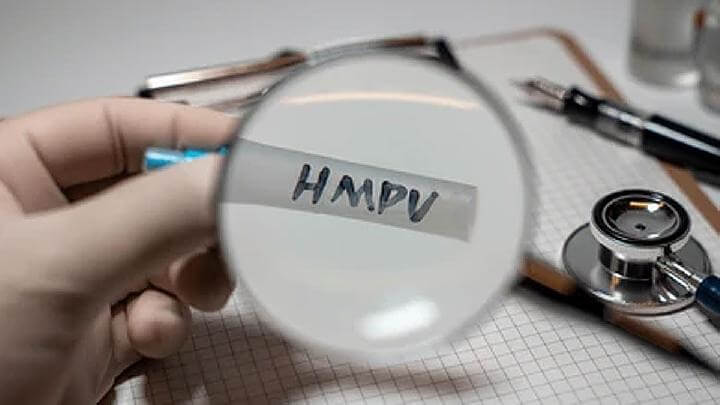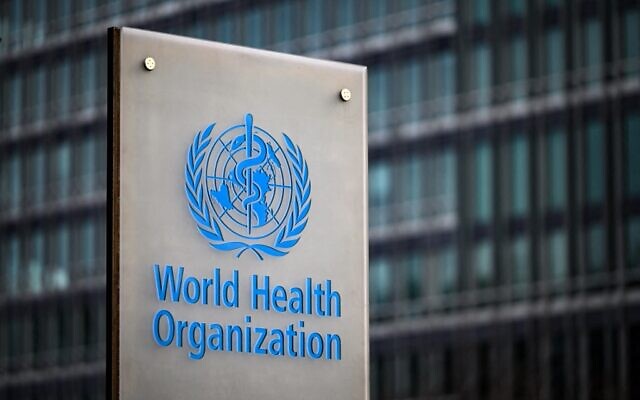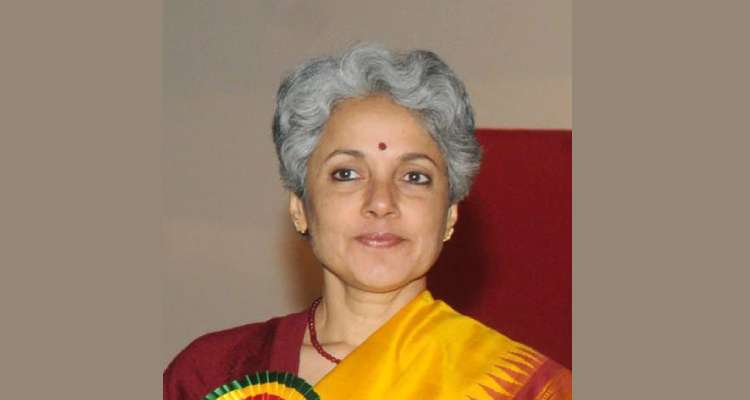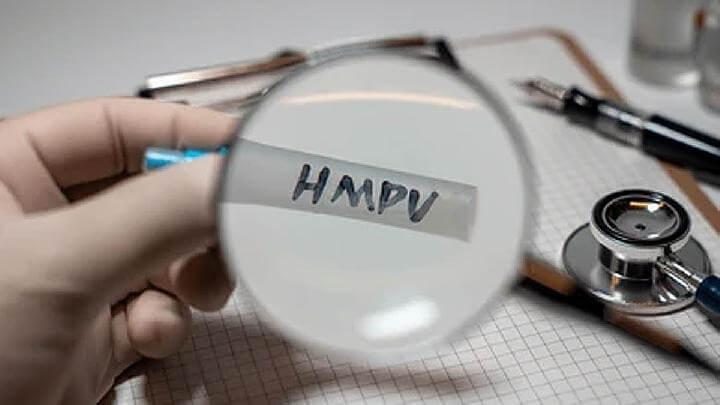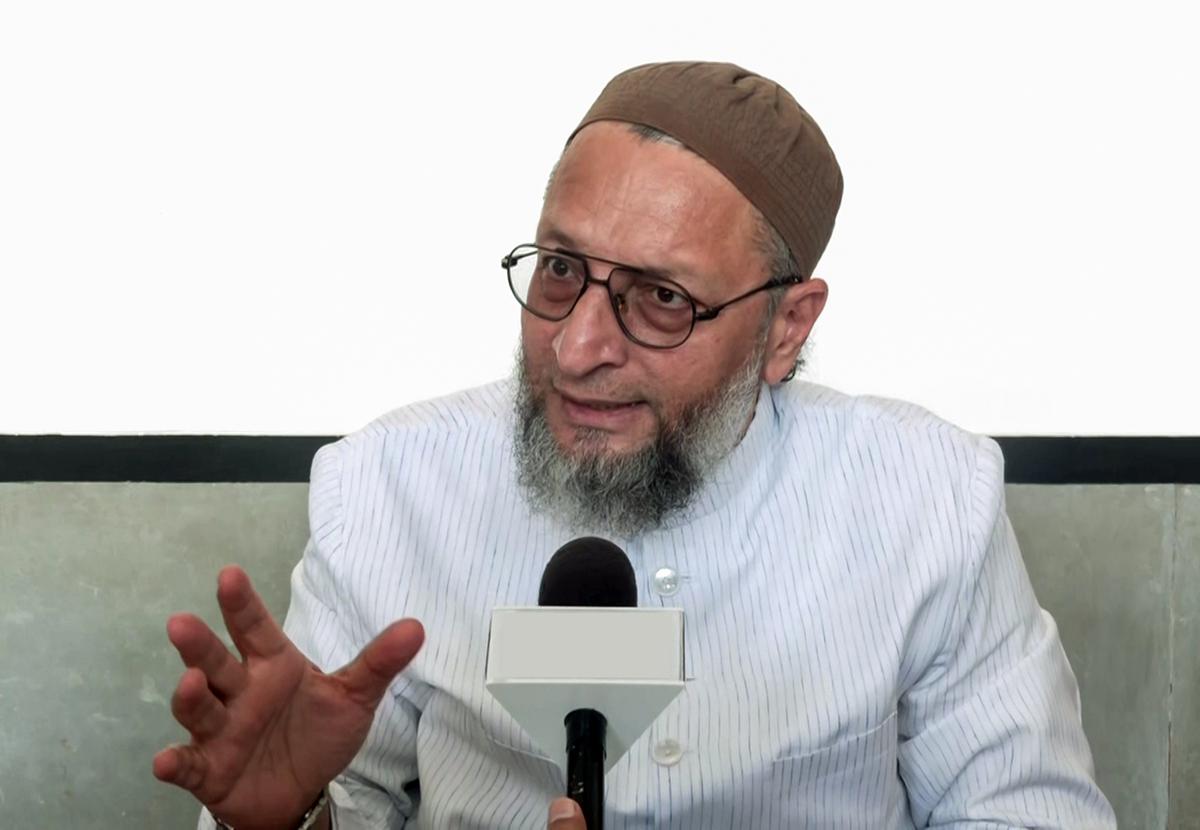France records 21,703 new coronavirus cases in 24 hours
Fri 08 Jan 2021, 13:07:17
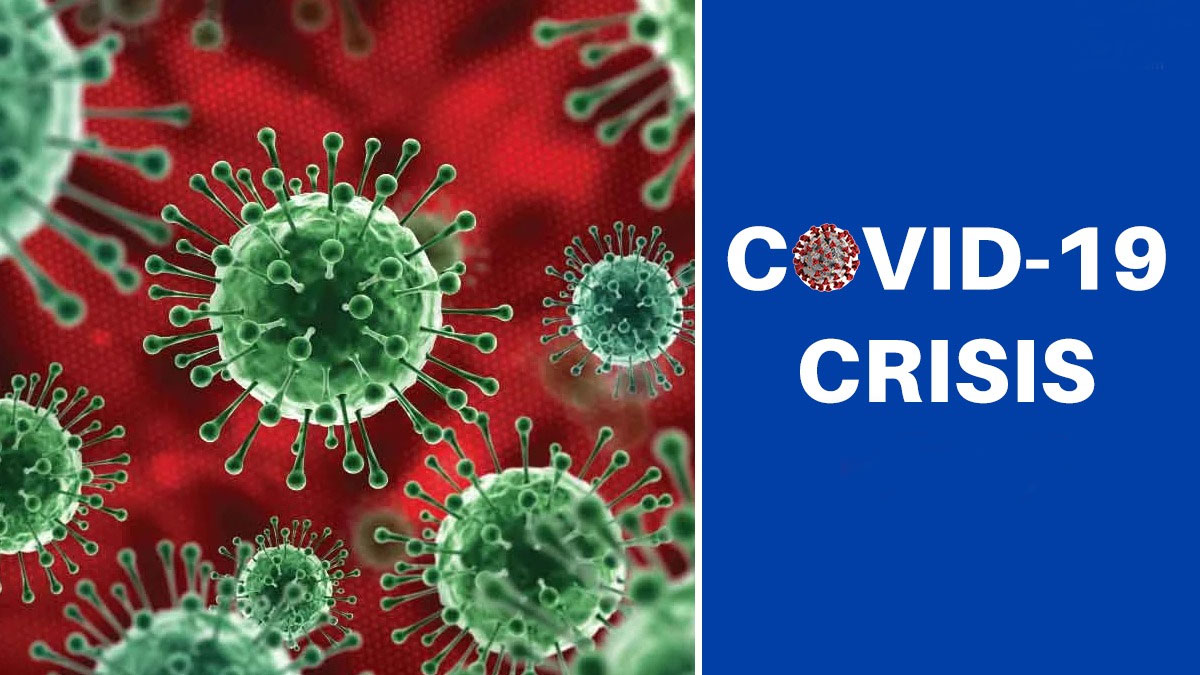
Paris: France on Thursday confirmed 21,703 new coronavirus cases and 277 deaths.
The new figures increased the overall case tally and death toll to 2,763,370 and 66,841, respectively.
Restaurants, bars, cinemas in France will not reopen in January as earlier planned due to the high rate of Covid-19 infections and the risk of fresh cases of the new coronavirus variants recently detected in the UK and South Africa, Prime Minister Jean Castex announced.
“The situation is far from being back to normal. The level of contamination remains high and has tended to increase since mid-December,” Xinhua news agency quoted Castex as saying at a press conference on Thursday.
An average of 15,000 infections are registered per day versus 10,000 recorded in December 2020.
One in two intensive care beds are occupied by Covid-19 patients and non-essential surgical operations are still being postponed to alleviate pressure on hospitals.
Also at the press conference, Health Minister Olivier Veran confirmed that 19 infections with the coronavirus variant first reported in the UK have been detected so far in France, including two cases identified in worrying clusters in Ile-de France and Brittany.
He also confirmed three cases of the new strain first found in South Africa.
“We want to avoid at all cost the spread of the variants in France. We are taking the threat of these two variants very seriously and we’ll take all necessary measures,” Veran said.
He added that all of the country’s laboratories had been mobilised to track the new variants.
“Facing this difficult situation, it is out of the question that we lower our guard in the coming weeks,” Castex said.
In this context,
museums, cinemas and music halls, initially scheduled to re-open on January 7, would remain closed until the end of the month.
museums, cinemas and music halls, initially scheduled to re-open on January 7, would remain closed until the end of the month.
Forced to shut down when the country entered into its second lockdown on October 30, 2020, restaurants, bars and cafes will not be allowed to resume activities until mid-February at the earliest, Castex announced.
Another 10 departments in eastern France would be placed under earlier night-time curfew starting at 6 p.m. instead of 8 p.m. in force in other parts of the country.
The government has already implemented the same rule in 15 departments, mostly in the northeast and southeast, worst hit by the virus.
“We must not only maintain the measures put in place to curb the virus, but be prepared to reinforce them,” Castex said.
He noted that “a new phase in the fight against the virus has begun” after the country launched its vaccination campaign on December 27, 2020.
So far, 45,000 people have been inoculated, according to the Prime Minister.
Starting from February, caregivers who are in their 40s and citizens aged 65 years and over will receive their jabs.
A broader vaccination aimed at the general public is planned for the spring.
The second shot of the vaccine could be delayed to six weeks after the first instead of three as had been initially planned, the minister said.
“The vaccine is safe. Serious side effects are rare,” said Veran in response to scepticism over the vaccine.
According to an Elabe survey released on Wednesday, 45 per cent of the French people refused to be inoculated, with 75 per cent of 1,002 respondents disapproving the government vaccination programme.
No Comments For This Post, Be first to write a Comment.
Most viewed from Coronavirus Updates
Most viewed from Health
AIMIM News
Asaduddin Owaisi questions PM Modi's China policy
Jan 08, 2025
Owaisi slams UP over police post near Sambhal mosque
Dec 31, 2024
Owaisi hails SC order on Places of Worship Act
Dec 13, 2024
AAP Corporator Tahir Hussain joins AIMIM party
Dec 11, 2024
Latest Urdu News
Most Viewed
May 26, 2020
Which political party will win the Delhi Assembly polls to be held on Feb 5?
Latest Videos View All
Like Us
Home
About Us
Advertise With Us
All Polls
Epaper Archives
Privacy Policy
Contact Us
Download Etemaad App
© 2025 Etemaad Daily News, All Rights Reserved.


